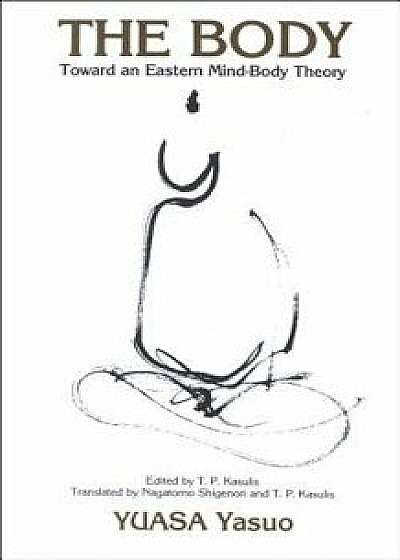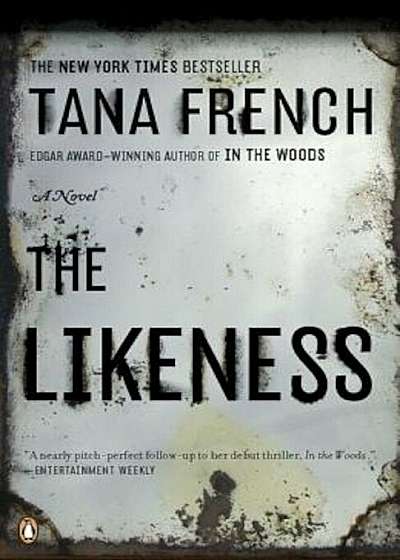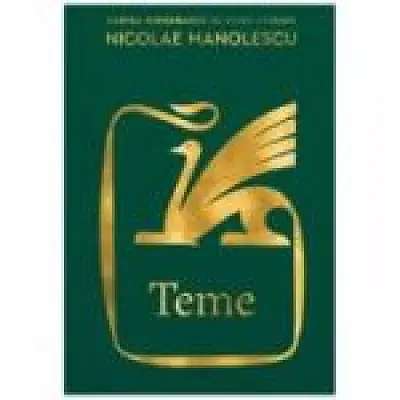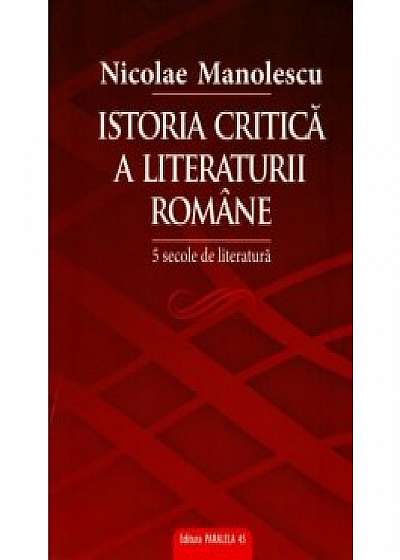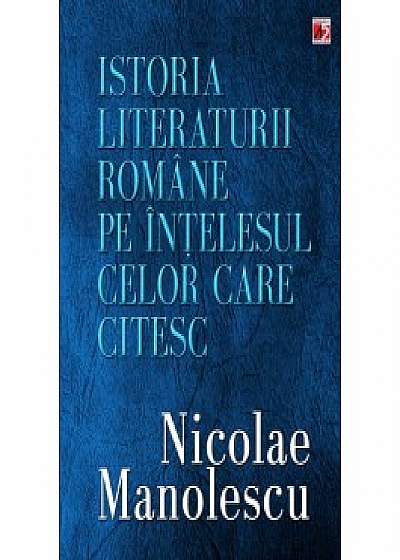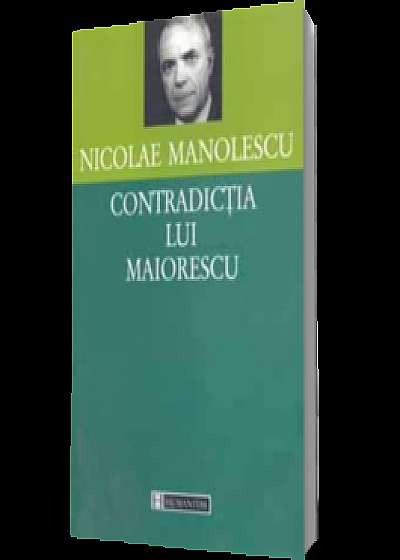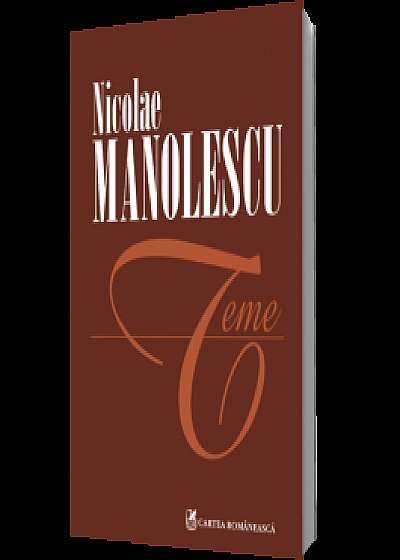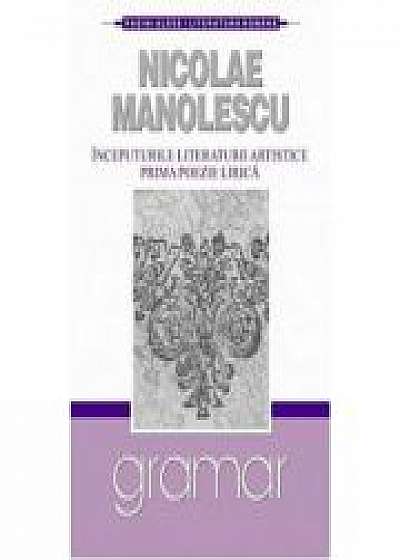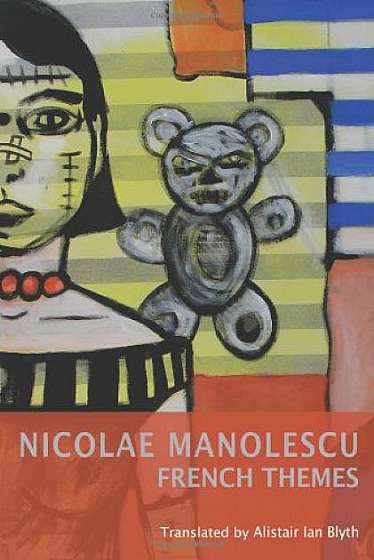
French Themes
Descriere
Teme franceze (French themes) was published by the Romanian Cultural Institute in 2006 to mark the international Francophonie Summit held that year in Bucharest. This collection of Nicolae Manolescu's articles and reviews on the subject of French writers and literature originally appeared in Romanian literary magazines in the 1970s and 80s, the last two decades of the communist regime. Between 1971 and 1988, the articles also appeared in a seven-volume series Teme (Themes). The majority of Manolescu's 'themes' have both classic and contemporary Romanian literature as their subject, making them an integral part of the vast output of perhaps one of the most important Romanian literary critics of the last four decades. Throughout French Themes, Manolescu draws comparisons between French and Romanian writers, for example between Marcel Proust and inter-war Romanian psychological novelist Hortensia Papadat-Bengescu, who, in a rather disconcerting contrast to Proust's 'l'eternel imparfait,' manages the extraordinary feat of constructing a narrative using almost entirely the pluperfect tense in her novel The Hidden Road (1933). But ultimately, in spite of major Romanian writers like Ionesco, Cioran and Mircea Eliade, it is French literature that has overwhelmingly influenced Romanian literature. One of the main reasons for this was that, in the nineteenth century the emergent Romanian nation state looked to France as its Latin 'older sister' in everything from architecture, painting and literature to manners and fashion. In his study of the diffusion of French and British novels in nineteenth-century Europe, Franco Moretti finds that Romania was one of the largest 'narrative markets' for writers such as Victor Hugo, Dumas, Stendhal and Balzac, whereas the main British exports, Dickens and Walter Scott, were barely translated into Romanian at all. Although the book covers French literature from the Tristan et Iseult to A la recherche du temps perdu and contemporary works, it is the French nineteenth-century novel that makes up the greater part of the subject matter of French Themes.

